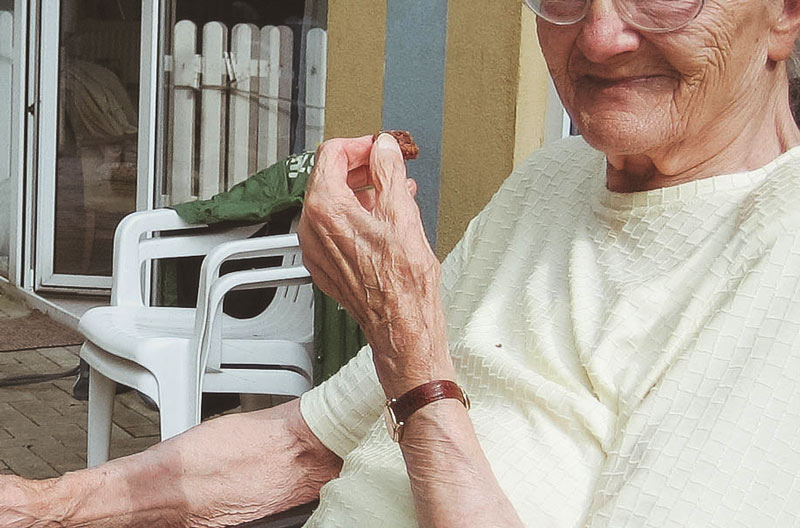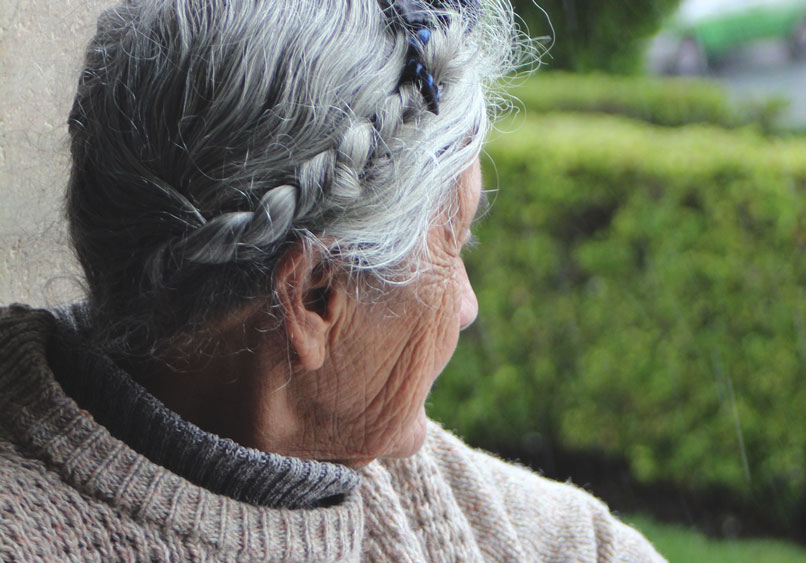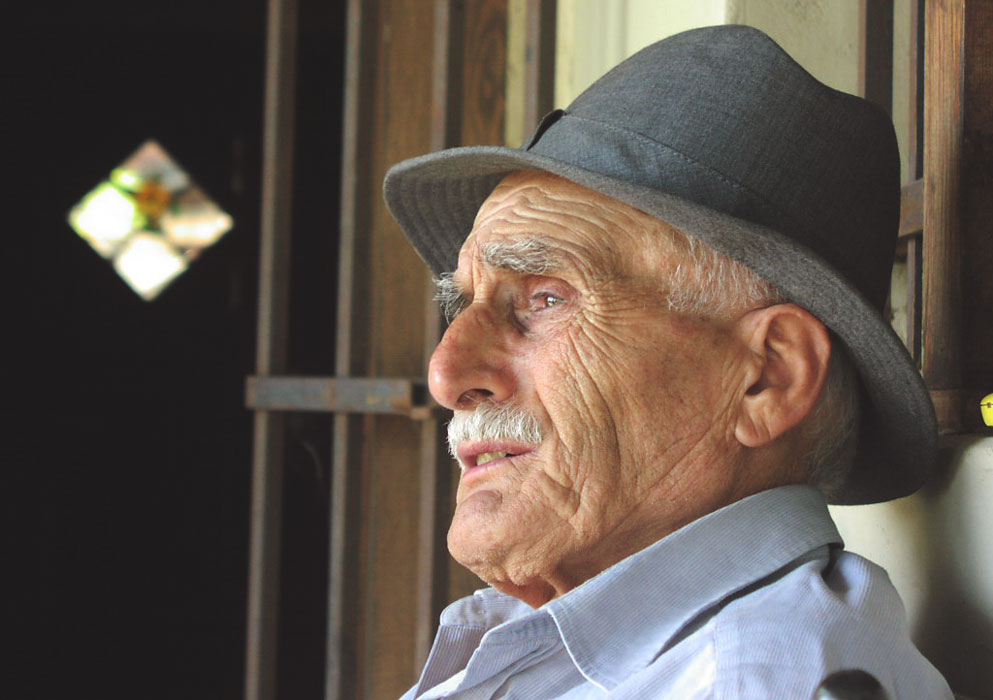Different Types of Nursing Home Abuse
When you trust the well-being of your loved one to the care of a nursing home, the last thing you expect is abuse to occur. Unfortunately, this is the case for some people. Nursing home abuse can take many different forms. Whether physical or mental, it is all wrong, and it is important to learn […]

October 23, 2017

When you trust the well-being of your loved one to the care of a nursing home, the last thing you expect is abuse to occur. Unfortunately, this is the case for some people. Nursing home abuse can take many different forms. Whether physical or mental, it is all wrong, and it is important to learn more about it if you have a loved one in one of these facilities.
Neglect of Known Medical Problems

Nursing home employees are typically trained to handle a vast amount of medical issues. At times, caring for a sick loved one goes beyond a family member’s skillset, and a nursing home should be a reliable option for care. Because of this expectation, it is especially disappointing when the nursing home fails to provide this care. Not only is this unfair, but it can also legally be considered abuse, and the nursing home can be held liable if your loved one suffers or his condition worsens because his known medical conditions are neglected.
Food or Water Deprivation

Many nursing homes are understaffed, and this can lead to neglectful behavior. One especially concerning result of this is the deprivation of food or water. Many times the nurses simply forget to bring food or water to the residents. Unfortunately, many nursing home residents suffer from a form of dementia and are unable to remind the staff themselves. This type of neglect can have devastating consequences and should always be taken seriously.
Unnecessary Restraint

In some more intentional cases, abuse can take the form of unnecessary restraint. There have been cases where the nursing home staff has used physical restraints on a patient with no actual need for such treatment. If a patient is restrained without physician authorization, and if the restraint is for any reason other than the safety of the patient or the people around him, it can be considered abuse.
Assault and Battery

If you witness any possible evidence of physical abuse of your loved one, it should be reported immediately. As devastating as it sounds, physical abuse of nursing home patients is a real problem, and many don’t catch this before it is too late. Any type of physical pain inflicted on a patient by a staff member, whether it’s kicking, pinching, hitting, pushing, or shaking, should be reported immediately. Action should be taken as soon as abuse is reported.
Assault also occurs in verbal forms. If your loved one is ever threatened or verbally abused, this should be taken just as seriously as physical abuse. Look for any signs of fear that your loved one may express toward any member of the staff. If you sense this fear, follow your intuition and investigate it further. If you are even the slightest bit suspicious of your loved one’s treatment, it is better to be overly cautious than to ignore it altogether.
Help from an Indiana Nursing Home Abuse Lawyer
Nursing home abuse can take on many different forms, but none is acceptable. If you suspect any form of it, don’t hesitate to investigate. If your intuition proves to be correct, remove your loved one from the situation and take legal action so that this will not happen to any others in the facility. Call Hensley Legal Group Today for a free consultation or contact us online.